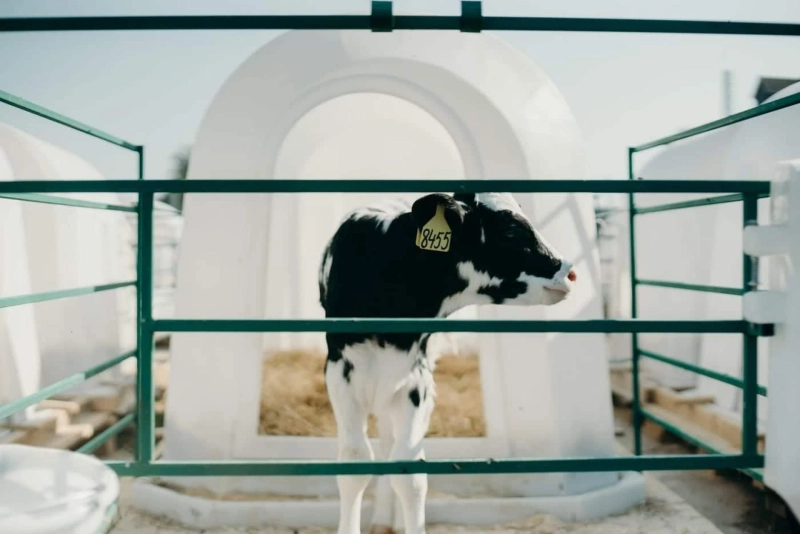Introduction:
In a world where food choices can have far-reaching consequences, the environmental impact of the meat industry has become a pressing concern. As global demand for meat continues to rise, so does its ecological footprint. This blog aims to shed light on the Environmental impact of meat industry and explore the urgent need for more sustainable choices.
The Carbon Hoofprint:
One of the primary contributors to the environmental impact of the meat industry is its substantial carbon footprint. Livestock farming, particularly beef production, is a significant source of greenhouse gas emissions. Methane, a potent greenhouse gas produced during digestion in ruminant animals, is released in large quantities from cattle. The deforestation required for grazing and feed production also contributes to the release of carbon dioxide, further exacerbating climate change.
Land Use and Deforestation:
The meat industry\'s demand for land has led to widespread deforestation, particularly in regions like the Amazon rainforest. Forests, vital for biodiversity and carbon sequestration, are cleared to make way for livestock grazing and the cultivation of feed crops. The loss of these ecosystems not only diminishes biodiversity but also releases stored carbon into the atmosphere, intensifying the impact of climate change.
Water Scarcity and Pollution:
The meat industry is a significant consumer of water, both directly and indirectly. Livestock require vast amounts of water for drinking and feed production. Moreover, the runoff from animal waste and the excessive use of fertilizers and pesticides on feed crops contribute to water pollution. As global water scarcity becomes an increasing concern, addressing the water-intensive nature of the meat industry becomes imperative for sustainable water management.
Loss of Biodiversity:
The expansion of the meat industry often leads to habitat destruction and fragmentation, threatening biodiversity. Large-scale farming practices, including monoculture for feed crops and the use of agrochemicals, contribute to the loss of diverse ecosystems. The decline of biodiversity not only impacts the health of ecosystems but also disrupts essential ecological processes, such as pollination and pest control.
Sustainable Alternatives:
While the environmental impact of the meat industry is substantial, there are encouraging developments in sustainable alternatives. Plant-based diets and lab-grown meat offer promising solutions to reduce the reliance on traditional animal farming. Embracing these alternatives can significantly lower the carbon footprint, decrease land use, and mitigate the environmental impact associated with meat production.
Conclusion:
As consumers, we possess the power to influence change through our food choices. Understanding the environmental impact of the meat industry empowers us to make informed decisions that align with a sustainable future. By embracing plant-based diets, supporting ethical and sustainable farming practices, and advocating for positive change, we can contribute to a healthier planet for current and future generations. It\'s time to rethink our relationship with meat and pave the way towards a more environmentally conscious food system.



